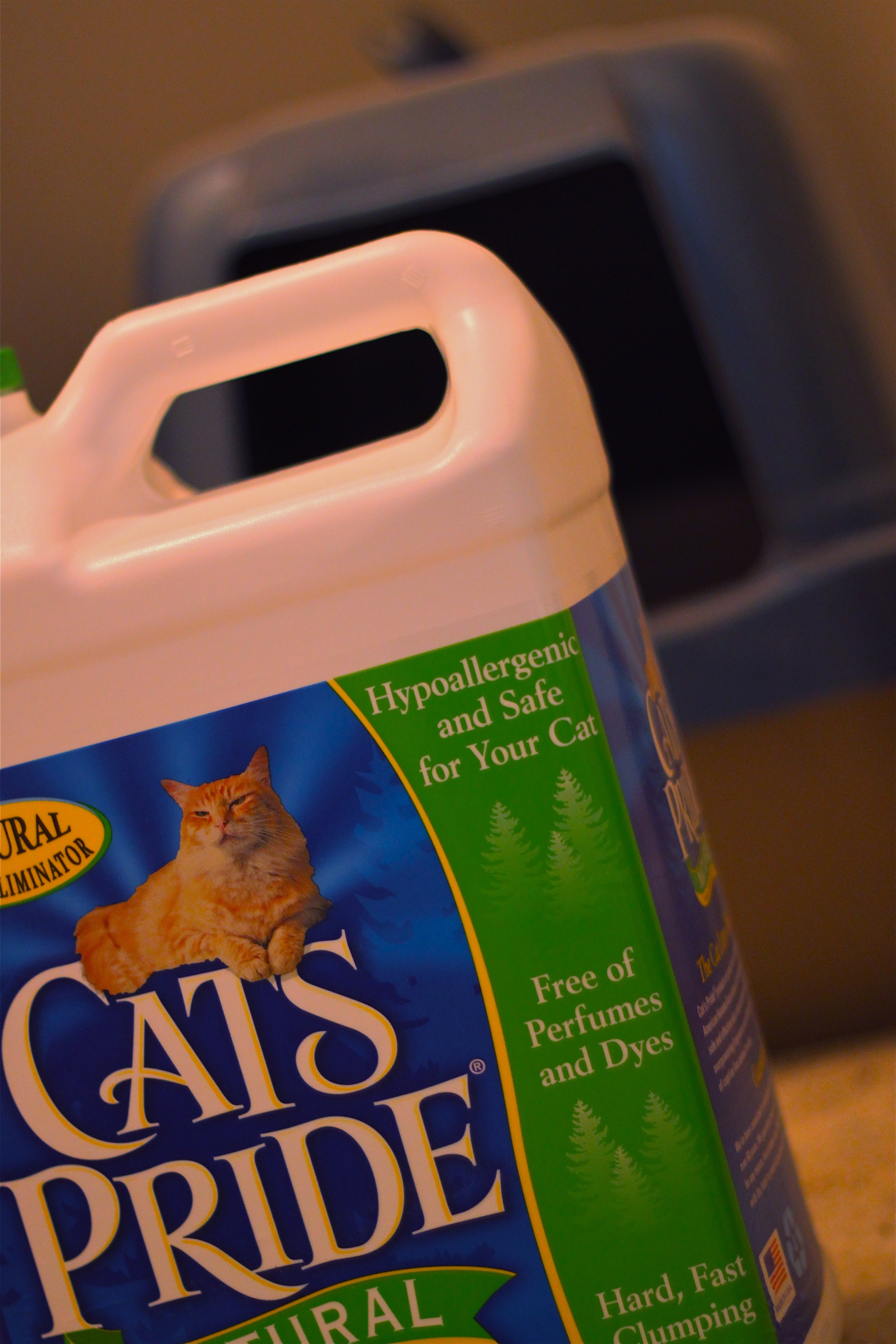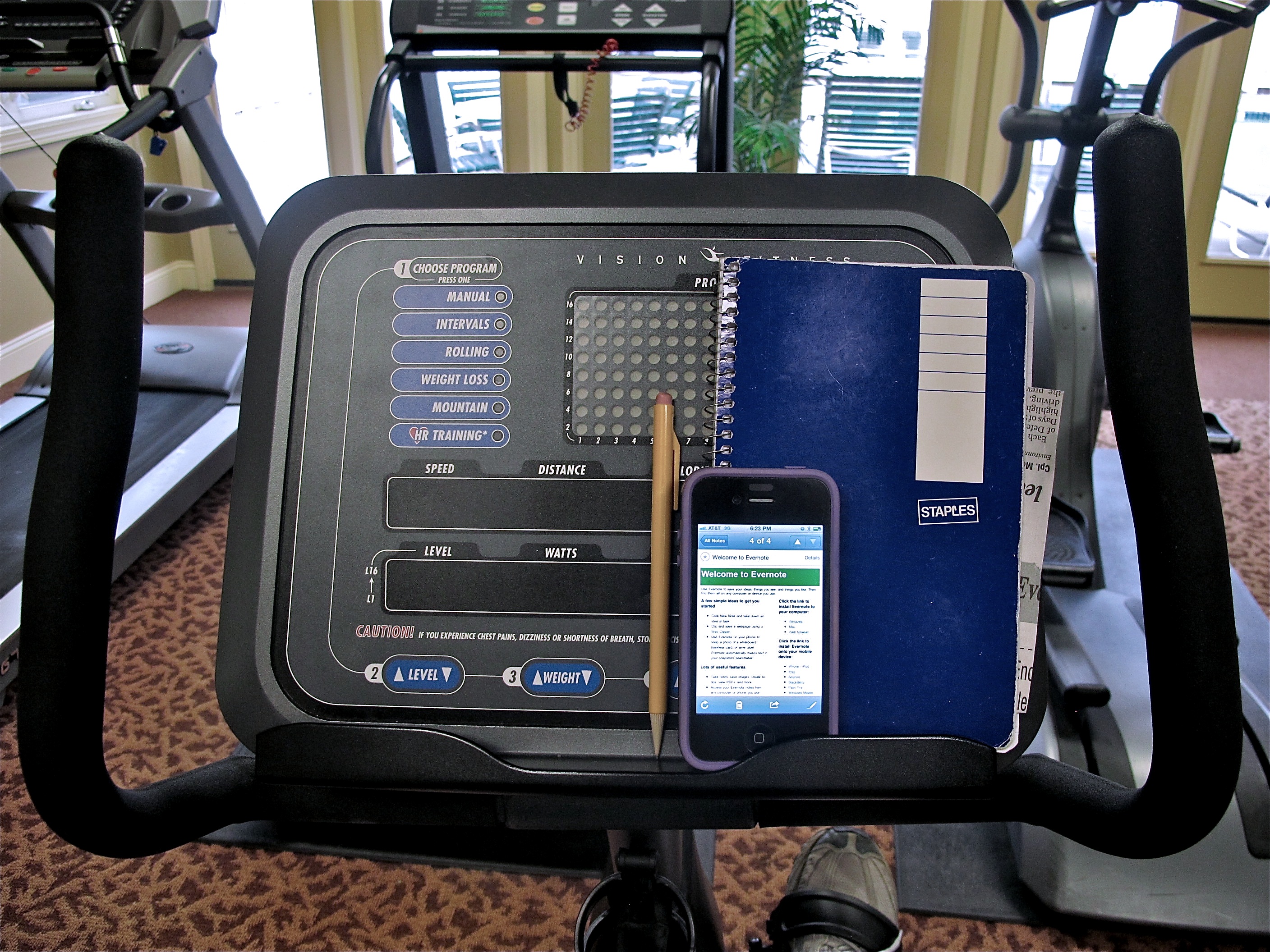Time for Step 4 of the “Beginner’s Medical Writing” series – a step-by-step guide to getting yourself started in freelance medical writing – an extremely basic guide for making the first move into medical writing.
If you’re just arriving, feel free to check out the earlier steps:
Hopefully by now, you’ve set up a blog, and maybe even started out with some business-related social networking. On that note, I’ve been asked to discuss what purpose a blog can serve for a medical writer, so here goes!
WHY USE A BLOG?
To Advertise Your Business:
If we’re not out there, nobody will find us. Work is a little bit like dating (any kind of work, whether you want to be an employee or self-employed) – if you don’t put yourself out there, it’s difficult to be found.
Whether we like it or not, the world’s gone digital. The days of locating businesses purely through those huge, hard copies of your telephone book or Yellow Pages are history – the first port of call for most people looking for any kind of business service is now an online search. I don’t consider myself a very digital person, but I know this is the case for me. The instant gratification of finding what you want after hitting a few keys on your keyboard, is tough to beat – I can’t remember the last time I ever picked up a Yellow Pages, let alone owned one. So if we don’t take advantage of this venue, we are missing out on an important way to self-advertise.
d
To Showcase Your Potential:
Your blog can provide a perfect way for you to show off your work. This can be especially useful for non-scientists who want to break into medical writing, but have no prior work clips to share with potential clients. I don’t know about you, but although I love the ability to shop online, I tend not to order things that are “sight unseen”. Your blog helps your work to be seen.
s
It Makes You Real:
A blog can also allow readers and potential clients to get a sense of who you are. The digital arena has a real-time advantage over a listing in a telephone book – it allows you to engage with people as often as you choose to do so. Updating your blog regularly provides something that a telephone book listing cannot deliver – the ability to connect with others. Everything you share on your blog allows readers to get a glimpse of your personality and passion. These regular connections help to make you real – potential clients will see that you have a zest for writing, and also get a feel for your writing tone – these things definitely help when it comes to deciding who to choose for help with a writing project.
d
To Use As Your Portfolio:
You can also put your blog to good use as a showcase for your resume or portfolio. The ability to add different pages to your blog enables you to use it to almost any advantage. Some people add a resume page, or a portfolio page where readers can link up to clips of the writer’s work that may have been published online. Or you can even upload pdf versions of manuscripts for viewing.
d
To Keep You In The Loop:
A blog is such a great way to keep you from feeling as if you’re all alone in the writing world, and this is probably especially true if you are working 100% freelance. In an office environment, you have instant connection with workmates if you need to bounce ideas off someone, or get a second opinion on something. When running a solo business, you don’t have this luxury. Your blog, however, can serve as a medium for this. It provides you with an almost instant way to receive ideas, comments, feedback, opinions etc. And from all across the world too! The cyber-connectivity can keep you grounded in your business venture, allowing you to network with others who can help you out, even if just by way of moral support.
s
To Help Others:
Never underestimate what you might have to offer someone. Whether it’s an encouraging word, a snippet of information, or just simple enjoyment, I guarantee that your blog will provide something for someone at some point. Someone will leave you some positive feedback, or send you an email to thank you for something, or ask more questions. And you can guarantee that your blog will be useful for many who don’t let you know – think of all the material that you read online each day – do you leave comments each time you find something fun, interesting, useful etc? I know I don’t – but it’s certainly not for the lack of interest – we all read a lot, but simply don’t have the time to comment on everything we enjoy. So don’t forget, someone loves you! A little altruism never hurt anyone.
s
Having a blog isn’t going to make you successful overnight, and it won’t bring clients flocking within a month if you’re new to the business and still trying to get your foot in the door. It does, however, get you out there, and lets clients see that you are real and also serious about what you do. I feel that it keeps you accountable too – a huge help for someone starting out, especially a non-scientist without publications to use as a springboard – your blog can help you to “keep on keeping on”. Given that it’s easier to give up than keep fighting the fight, if you commit to writing a little something regularly – even once a week – you can maintain business motivation while trying to catch some initial projects, and also build up your online portfolio in the meantime.
So if you are new to your medical writing business, think of your blog as the first step in self-marketing. Maintaining it can be time-consuming, but nevertheless, very beneficial. Writing begets writing.
What’s your favorite use for your blog?







Follow Me!